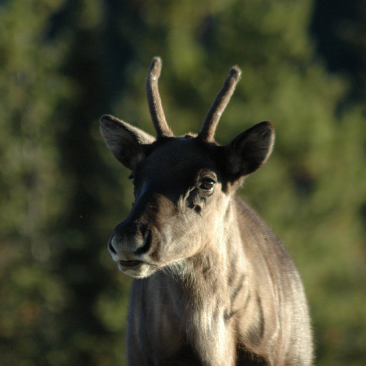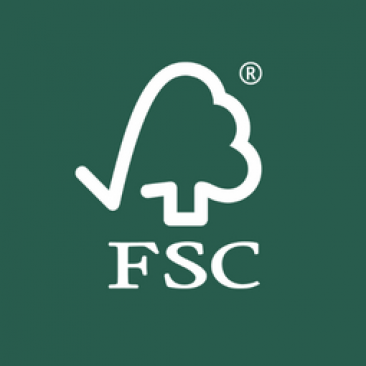

How We Protect Forests
In 1994, FSC pioneered forest certification as a way to responsibly manage our world’s forest. With support from experts in the environmental, economic and social spheres, FSC developed ten principles for responsible forest management that any forest operation must follow in order to receive our certification. These requirements ensure that the forest is being managed in a way that preserves biological diversity, upholds Indigenous Peoples’ rights, benefits the lives of local people and workers, and is economically viable.
In 2019, after 5 years of rigorous consultation, FSC Canada launched an updated national forest management standard that addresses some of the most pressing issues facing Canadian forests now including species at risk, specifically woodland caribou, Indigenous Peoples’ rights, workers’ rights, landscape management and conservation.

Supply Chain Integrity
From forest to store, we are committed to ensuring credible, accurate and transparent supply chains.
Over 50,000 companies worldwide have FSC’s chain of custody (CoC) certification. FSC supports them with industry leading tools - to ensure certified and non-certified materials are separated throughout the supply chain - including the adoption and deployment of new technology, including blockchain, and through initiatives to find and address inaccurate claims.
As CoC certification evolves, FSC is steadfastly committed to ensuring the ongoing integrity of supply chains.

Look For The Logo
Seen on thousands of product labels around the world, the FSC ‘check-tree’ logo provides an assurance that the wood and paper products you purchase come from responsible sources and have been verified to meet FSC’s strict environmental and social standards.
So the next time you're out shopping be sure to look for the logo and buy FSC-certified products.

Supported by top Environmental Organizations
We are proud to be the only responsible forest certification system in Canada to be supported by top environmental organizations includingWWF-Canada, David Suzuki Foundation and Canadian Parks and Wilderness Association (CPAWS).
